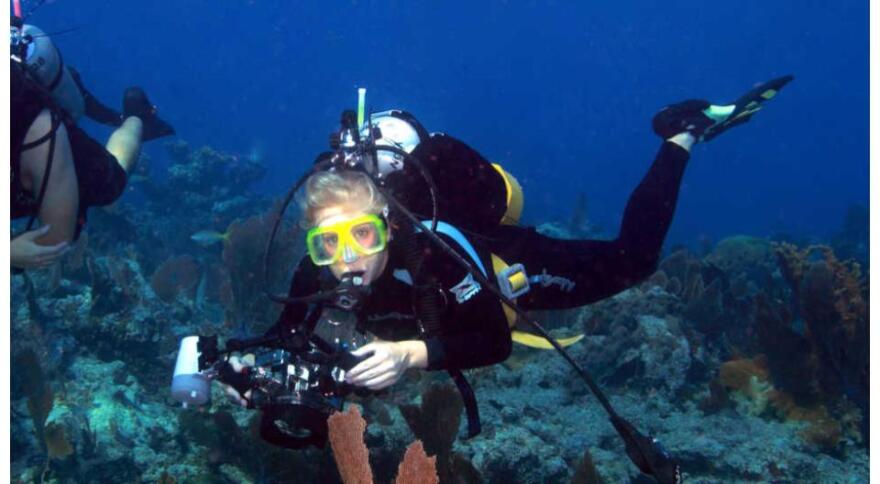One of the effects of global warming is the acidification of the oceans... the trend of our big bodies of salt water to get more acidic over time. Not enough that you'd notice it swimming or surfing, but enough to make it hard for some sea creatures with shells to form those shells in the first place.
The California Academy of Science is one of several institutions signing onto a letter proposing something like a checklist for governments to follow in preparing for acidification. The items on the list range from public awareness to mitigation measures.
There's clearly some ground to cover: for example, coral bleaching, which is very well known, is not the same. Rebecca Albright is the California Academy's Curator of Invertebrate Zoology and founder of the Coral Regeneration Lab (CoRL). She visits with some details of the ocean acidification framework.



